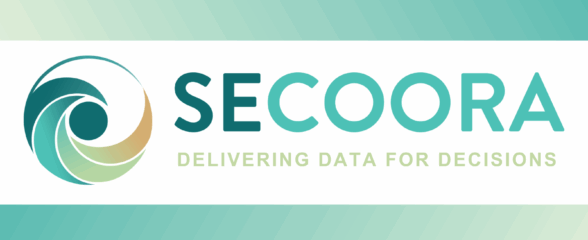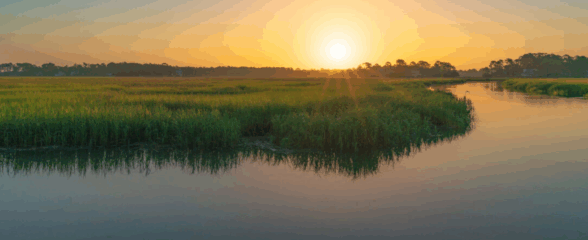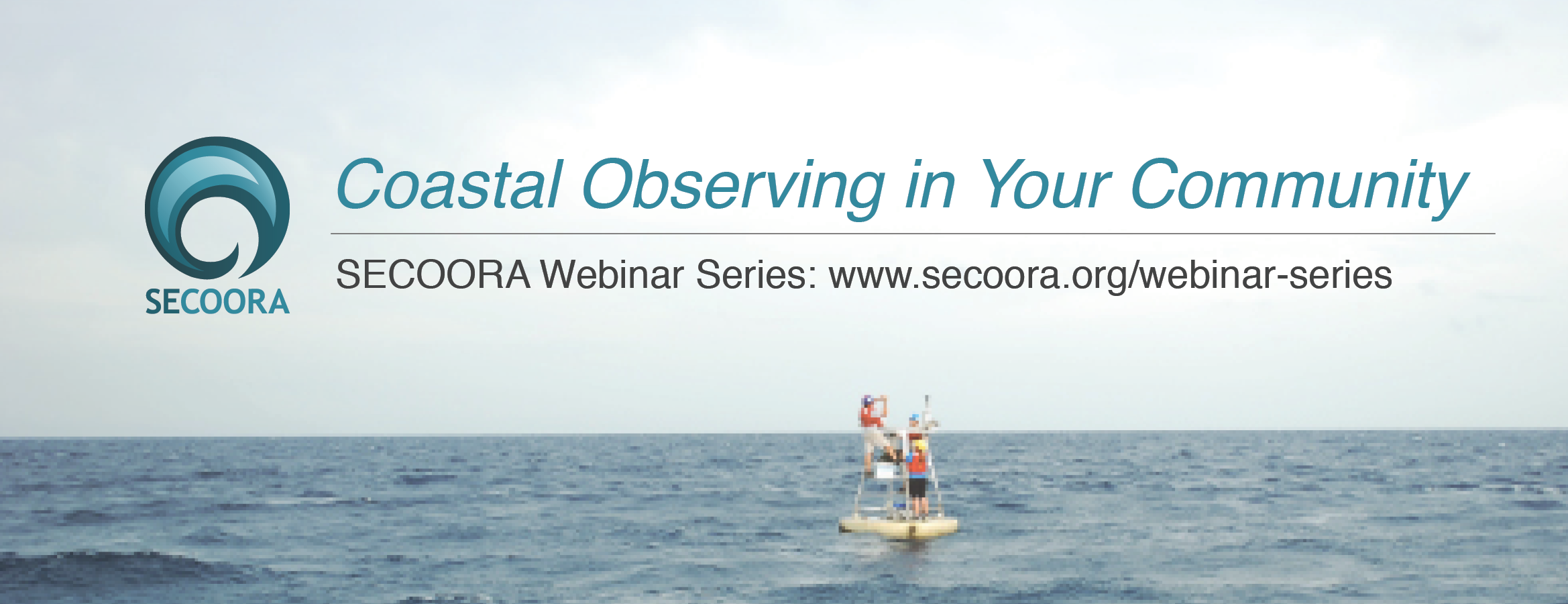Join us for a webinar on Feb. 26 at 11:30 AM to learn how the Smart Sea Level Sensor project will inform flood mitigation planning strategies and enable educational experiences for students. Reserve your spot by clicking here.
Date: Tuesday, February 26, 2019
Time: 11:30 AM – 12:30 PM
Download and share the flyer here.
Abstract
Coastal flooding represents a growing threat to the City of Savannah and adjoining areas in Chatham County. Recent brushes with Hurricane Matthew in 2016 and Hurricane Irma in 2017 saw storm surges of 7+ feet at the county’s only two tide gauges, shutting down county schools and businesses for days. During these extreme weather events, strong winds interacted with an extremely intricate network of coastal rivers, tributaries, and marshlands to create a complex pattern of flooding that varied by 2-4ft over a distance of several miles.
The Smart Sea Level Sensor project (https://www.sealevelsensors.org) aims to install a large network of internet-enabled water level sensors across flood-vulnerable Chatham County. This is done via a working partnership between officials from the Chatham Emergency Management Agency (CEMA), the City of Savannah and a diverse team of scientists and engineers from Georgia Tech.
The project team has installed 8 sensors through a grant from the Georgia Tech Smart Communities program (http://www.smartcities.ipat.gatech.edu/georgia-smart). The planned deployment of 50-100 sea level sensors will stretch from Interstate 95 to Tybee Island – capturing a wide range of tributary sizes, orientation, and building densities.
The data collection will be complemented by a suite of modeling tools to inform flood risk and vulnerability. This includes a high-resolution coastal ocean model as well as an integrated hydrological model to capture surface runoff during high precipitation events. Taken together, the framework enables the assessment of short- and long-term coastal flooding risk and vulnerability. This information is required to inform planning for flood mitigation strategies.
Strategically, some sensor installations will be at middle and high schools in Chatham County to enable educational experiences for students. This is the first project of its kind in the region. The goal is to provide a template for expansions of this technology and community stakeholder framework to other areas of vulnerable coastline along the southeastern US.
Presenters
- Kim M. Cobb, Professor, Earth and Atmospheric Sciences, Georgia Tech
- Russell Clark, Research Faculty, Computer Science, Georgia Tech
- Nick Deffley, Director, Office of Sustainability, City of Savannah
- Emanuele Di Lorenzo, Professor, Earth and Atmospheric Sciences, Georgia Tech
- Jayma Koval, Research Faculty, CEISMC, Georgia Tech
Related news

SECOORA Funding Opportunity Announcement: Letters of Intent Solicitation
SECOORA will submit a coordinated regional proposal in response to the anticipated FY 2026 Implementation of the U.S. Integrated Ocean Observing System (IOOS) funding opportunity. Letters of Intent to be considered for inclusion in SECOORA’s full proposal are due September 9, 2025.

SECOORA Hosts the First Surface Elevation Table (SET) Community of Practice Virtual Workshop
The SECOORA SET Workshop was virtual on July 17, 2025. More than 50 Community of Practice members and stakeholders joined this collaborative workshop to discuss SET monitoring, coastal resilience, and data-driven decision making in the Southeast.

The Sounds of the Sound: Connecting the Port Royal Sound Community with What’s in the Water
Port Royal Sound in Beaufort, South Carolina is a thriving haven for animals, plants, and people. Research focused on listening to the animals that live in the Sound – specifically the resident dolphins – connects the community with the underwater world without having to go swimming.
